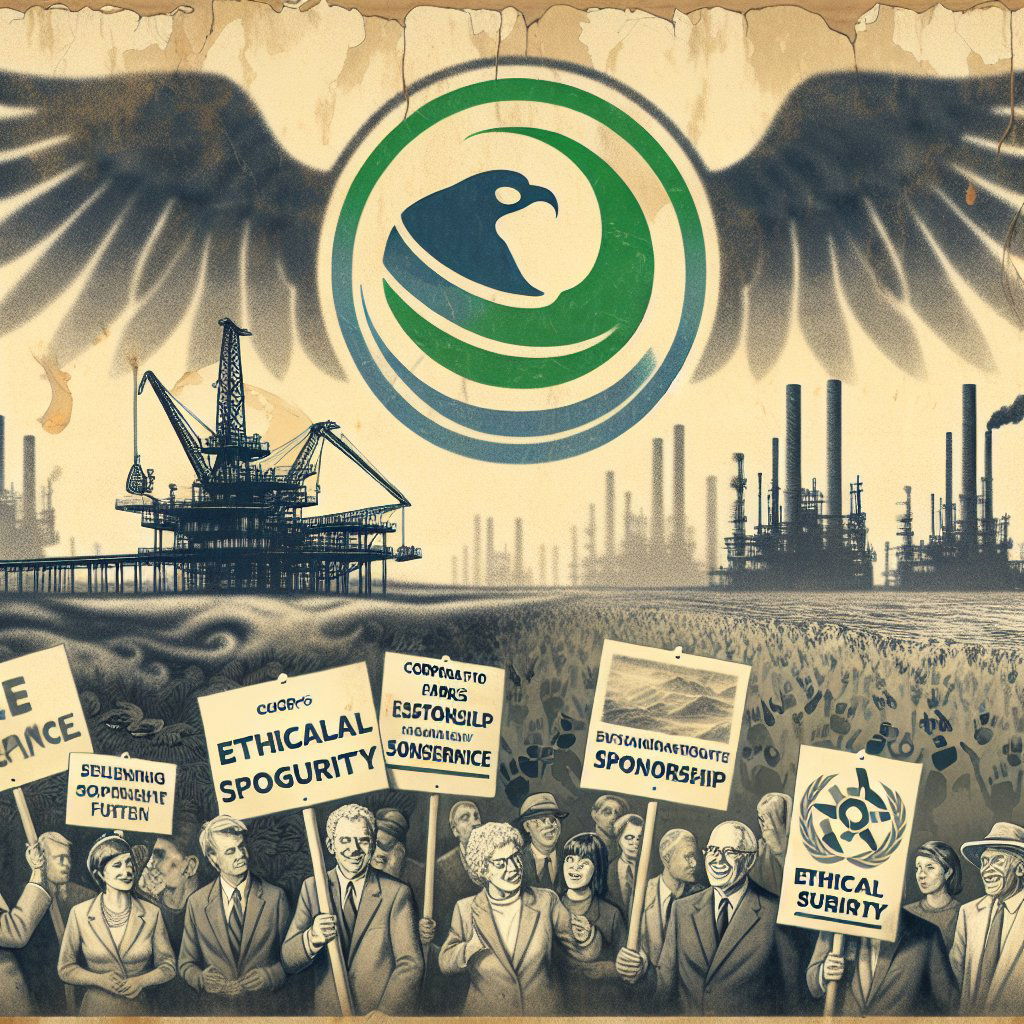Image: AI generated for illustration purposes
Environmentalists Decry Greenwashing in TotalEnergies' Long-Standing Partnership with SANParks
In South Africa, where the pursuit of conservation often clashes with industrial interests, a long-standing partnership between South African National Parks (SANParks) and energy giant TotalEnergies has come under intense criticism. Environmental activists and legal professionals are claiming that this six-decade relationship amounts to greenwashing, accusing the state agency of misusing the nation's natural heritage to paint a veneer of environmental responsibility over TotalEnergies' operations.
This partnership has faced increased scrutiny in relation to TotalEnergies’ aspirations to obtain production rights and environmental authorization for offshore drilling in Sea Concession Block 11B/12B. Claims are being made that these endeavors undermine SANParks' mission and could potentially pose significant threats to biodiversity and human life, while paradoxically allowing TotalEnergies to promote an eco-friendly image.
Greenwashing refers to the practice of companies misleading the public into believing they are environmentally responsible when their operations say otherwise. It's a tactic not so frequently highlighted in South Africa, but the situation with TotalEnergies has brought it to the fore. Stephen Horn, South Africa director of Clean Creatives, and other campaigners argue that SANParks must ethically sever ties with TotalEnergies to maintain integrity in its conservation efforts. Such collaborations may indeed support public-good projects, as noted by SANParks spokesperson Rey Thakhuli, but detractors argue that the potential damage outweighs any purported benefits.
Criticism intensified when the Department of Forestry, Fisheries and the Environment (DFFE), along with TotalEnergies and SANParks, dismissed the allegations of greenwashing and conflict of interest. This dismissal persisted even as TotalEnergies actively pursued offshore drilling permissions along the South African coast, raising questions about the alignment of corporate sponsorships and environmental stewardship.
SANParks’ claim that sponsorships, including those from TotalEnergies, are legally sound and crucial for executing biodiversity interventions, has done little to quell the disapproval. A marketing spokesperson from TotalEnergies argued that no links should be drawn between its environmental applications and the partnership with SANParks, maintaining that collaboration focuses on nature conservation—a shared concern in South Africa.
Environmental Minister Barbara Creecy's role garners attention as well, with her decisions being questioned for potential conflicts of interest. Despite these concerns, DFFE spokesperson Peter Mbelengwa asserted that, having received advice from an independent senior counsel, no ethical issues were evidenced in Creecy's appeal decisions regarding the energy company’s environmental authorizations.
Nevertheless, the juxtaposition of TotalEnergies’ environmental efforts with its fossil fuel expansion across Africa has global environmental implications. It raises the broader issue of how fossil fuel companies, akin to TotalEnergies, leverage public relations and sponsorship to project a false environmentally-friendly facade—all while escalating the same activities that exacerbate climate change and biodiversity loss.
Echoing these sentiments, James Granelli, a campaigner with Fossil Free South Africa, compared the partnership's moral duplicity to a tobacco company sponsoring a lung cancer unit. He advocated for government and private investments to replace "dirty oil money" and suggested that laws similar to those governing tobacco advertising should apply to fossil fuel sponsorship activities.
The crux of the environmentalist argument is that while corporate support for ecosystem protection can be laudable, greenwashing—claiming public good while engaging in harmful actions—is unethical and must be condemned. This issue extends to similar arrangements like Karpowership's “ecological compensation” efforts, which have also seen severe criticism for potentially operating outside the bounds of South African law.
In contentious times, where the effects of climate crisis loom large, detangling natural conservation work from the influences of major fossil fuel entities becomes imperative. The story of TotalEnergies and SANParks serves as a prominent example of the delicate balance between corporate sponsorship and genuine, sustainable environmental stewardship.










